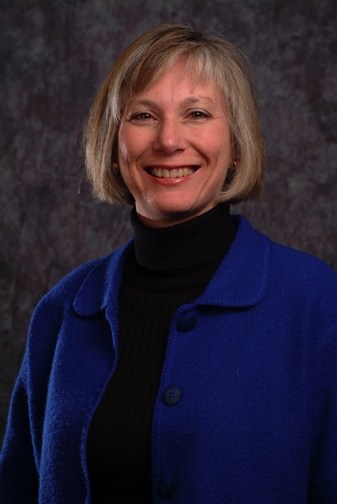FAYETTEVILLE, Ark. – University of Arkansas counseling education faculty have developed and taught an academic transition course for freshman male student-athletes that addresses the unique challenges that such students face.
For 15 years, Judy Stephen taught an academic transition course that was “respectful of athletes’ challenges, but also of their academic prowess,” while providing an opportunity to explore their identities outside that of being an athlete. Stephen and Kristin Higgins described the development of the course and its effectiveness in “Helping Student-Athletes Adapt to College: The Role of an Academic Transition Course,” a chapter in College Student-Athletes: Challenges, Opportunities, and Policy Implications, edited by Daniel B. Kissinger and Michael T. Miller.
They note that student-athletes must balance both athletic and academic responsibilities while experiencing the same developmental processes as other college students.
“I was constantly amazed at how sincerely the students wanted to know how to succeed as what they would call ‘a normal student’,” Stephen said. “They wanted to bust stereotypes and not just ride along academically.”
The academic credibility of the course was important for its success because “a softly graded course could serve to compound one of the unique stressors that athletes face, the belief that they are treated preferentially,” they wrote. “Student-athletes too often are less than confident of their academic potential and control.”
The students were able to find validation by reading academic research on the demands they would face as athletes. Discussions of their responses to scholarly literature provided “a venue for student-athletes to articulate their thoughts and concerns while comparing their own experiences with the empirical evidence gathered by researchers studying the student-athlete experience,” Stephen and Higgins wrote.
In addition to discussions, the curriculum was designed to provide practice of the academic skills taught in class. The rigorous requirements included challenges to think critically, read academic papers, conduct research projects and write thoughtful response papers to class topics.
Stephen observed three consistent concerns among freshman male student-athletes. The topics that the students identified as the most helpful and memorable were stress, time management and stereotypes of athletes.
First-year athletes are often overwhelmed by stress as they are learning to adapt to college. Students reported that classroom discussions about the sources and symptoms of stress and learning individualized stress-reduction techniques helped them lower their stress to manageable levels.
Stephen waited until after the first round of exams to teach time management and study techniques because students are more interested in “success advice” after the demands have become a reality. At that time, students have a better understanding of their academic needs and are eager to learn before their next exams occur.
Student-athletes are also faced with being stereotyped by faculty and non-athlete students. “Student-athletes can become surprised and hurt when they realize that many non-athlete students see them as privileged and pampered, rather than as the campus heroes they may have been seen as in high school,” they wrote. Students benefited from discussions of their own desired images and steps they could take to avoid fitting the stereotypes.
Stephen is an instructor and Higgins is an assistant professor in the College of Education and Health Professions at the University of Arkansas.
Contacts
Judy Stephen, instructor of counselor education
College of Education and Health Professions
479-575-6521,
Kristin Higgins, assistant professor of counselor education
College of Education and Health Professions
479-575-3329,
Barbara Jaquish, science and research communications officer
University Relations
479-575-2683,
